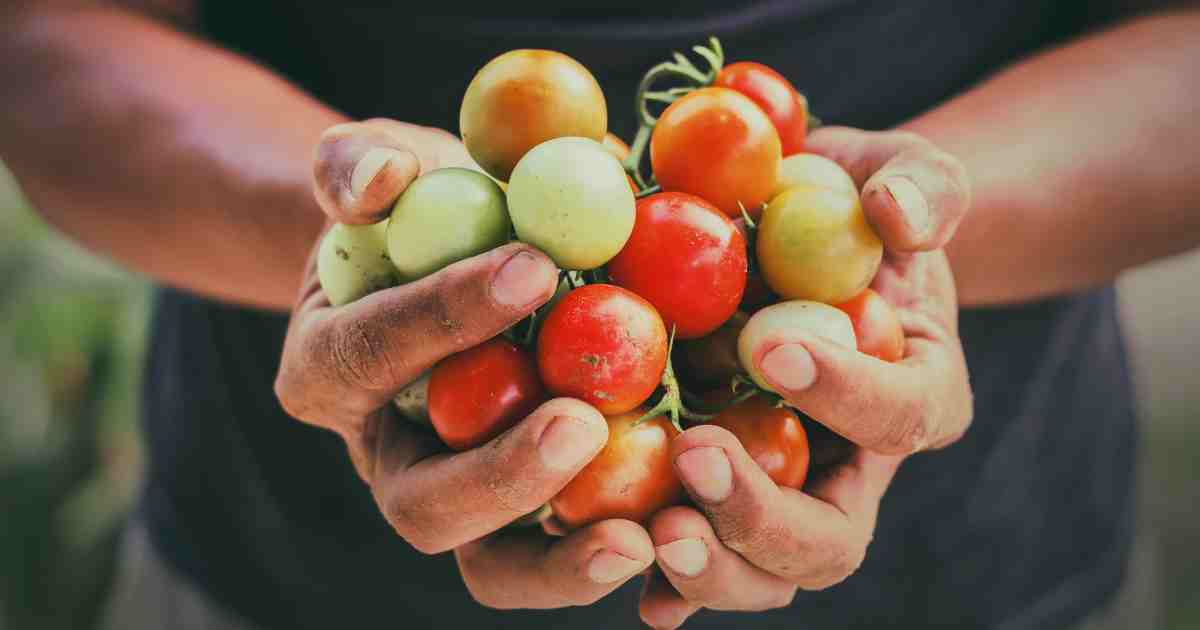Easter Kojwang
Interview with Easter Kojwang
CEO AND FOUNDER, EASTNAT FOODS
Lives in: Nairobi, Kenya
After graduating from Moi University in 2014 with a degree in hotel and hospitality management, Easter Kojwang sought a role that would truly fulfill her. However, she found that even positions within the hotel industry fell short of her expectations.
Her early career included stints as a restaurant supervisor and later as a front office officer. Yet, neither job brought the satisfaction she was looking for. Disillusioned, Kojwang decided to quit in 2015. The consequences were immediate. “After I quit my job, I was running out of money in Nairobi. When I had some few thousands left like around Ksh.9,000 (about $70), I couldn’t live in Nairobi anymore,” she reveals.
She then left Nairobi and returned to her rural village in Homa Bay County. Back in the village, her grandmother would send her to the farm to harvest peanuts. As a young millennial, she took photos of the harvest and shared them on Facebook. The photos quickly caught the attention of her friends, who encouraged her to bring the peanuts back to Nairobi.
Recognising a business opportunity, she began adding value to the peanuts by roasting them and making peanut butter. She would then return to Nairobi to sell her products, repeating this cycle regularly. Kojwang reinvested all profits back into the business.
Setting up Eastnat Foods
By 2016, her capital had grown, allowing her to establish Eastnat Foods. She expanded her product line by introducing infused honey and began sourcing raw honey in bulk, which she processed and packaged herself.
“Food is our main business, with our anchor products being honey,” says Kojwang. “We sell honey to other companies, under our contract manufacturing programme. We also supply honey to restaurants and hotels. Most of the restaurants in Nairobi are using Eastnat honey. We also sell honey to people who resell, and also to small traders who sell online, in kiosks.” The company currently has 10 full-time employees.
To reach customers, Eastnat Foods has established a shop in Nairobi, an outlet in Kitengela, and a pickup point in Kisumu. Additionally, the products are available online through its website.
Beyond honey, the company has diversified into a broad range of wellness products. These include healthy seeds like chia, pumpkin, and sesame seeds, along with sea moss, and various herbs such as ashwagandha and mukombero, as well as other plant-based products like hibiscus and chamomile. The company also offers personal care item such as shea butter, almond oil, and castor oil for use on the skin and hair.
Eastnat Foods sources honey from around 3,000 farmers across Kenya, processing over six tonnes each month to meet demand. Initially, Kojwang personally visited the farmers and helped with the honey harvest. She has since appointed someone to manage the collection process.
However, honey supply is not always consistent. Climatic conditions can greatly affect honey production. Excessive rain can cause flowers to fall, leaving bees without nectar. Similarly, during droughts, plants dry up, and there’s no water for the bees. For honey to be produced, the weather needs to be just right. When honey is scarce in Kenya, the company turns to Uganda for supply.
Using tools like a refractometer, the company ensures the honey has the appropriate moisture content, as required by the Kenya Bureau of Standards. Additionally, the company assesses the density, taste, and colour of the honey to meet consumer preferences.
Meeting market demand
Eastnat Foods packages its honey in various sizes to cater to different customer needs. For large-scale manufacturers, it offers 25kg buckets, primarily sold to producers of food items like cakes and biscuits, at about $173 per bucket, with discounts available for bulk purchases.
It also packages honey in 7kg containers which are popular with restaurants. These are priced at around $48, though hotels and restaurants often purchase up to two tonnes at a time, benefiting from a lower bulk purchase price.
For families, it offers a 4kg option at around $28, typically with a shop discount. The 1kg container, priced at $7, is particularly popular among individual consumers for home use. Additionally, there’s a 0.5kg option available at $4.
Eastnat Foods also caters to the hospitality sector with smaller packaging options of 50g, 35g, and 20g, often sold in bulk to hotels and restaurants. Some establishments purchase up to 100,000 units of these smaller honey cups at wholesale prices.
Challenges in the honey business
The entrepreneur notes that one of the biggest challenges in the honey business is the widespread misconception about crystallisation. Many people wrongly believe that if honey crystallises, it is impure and has had sugar added. “It is the biggest challenge. And the sad thing is that, even people who sell honey believe in that fallacy. Another thing is that honey comes in different colours and tastes, depending on the source of nectar,” says the entrepreneur, adding that many people believe that honey should be brown in colour.
She also highlights the capital-intensive nature of the business as a significant challenge. Additionally, the rising cost of living and the weakening Kenyan shilling have reduced customers’ buying power.
Easter advises aspiring entrepreneurs to invest time in thoroughly understanding their chosen field. Patience is also crucial, as building a business takes time. “You will not wake up one day and find yourself making millions. You have to be disciplined – discipline is what will keep you going. Also, be passionate, and continue learning.”
Looking ahead, she plans to expand by exporting her products to Europe and the US, where she believes the company can achieve greater profitability.




















Discussion about this post